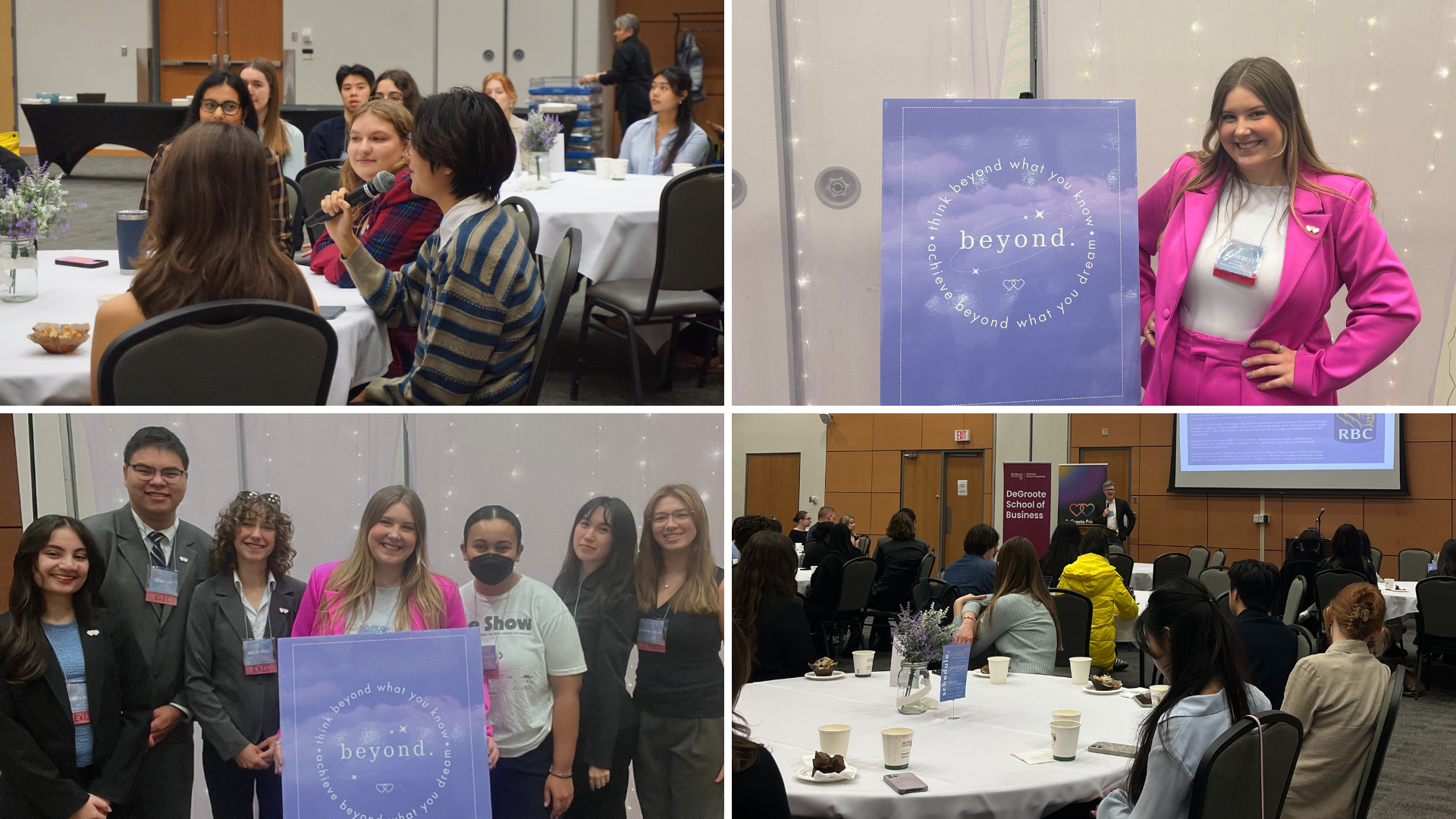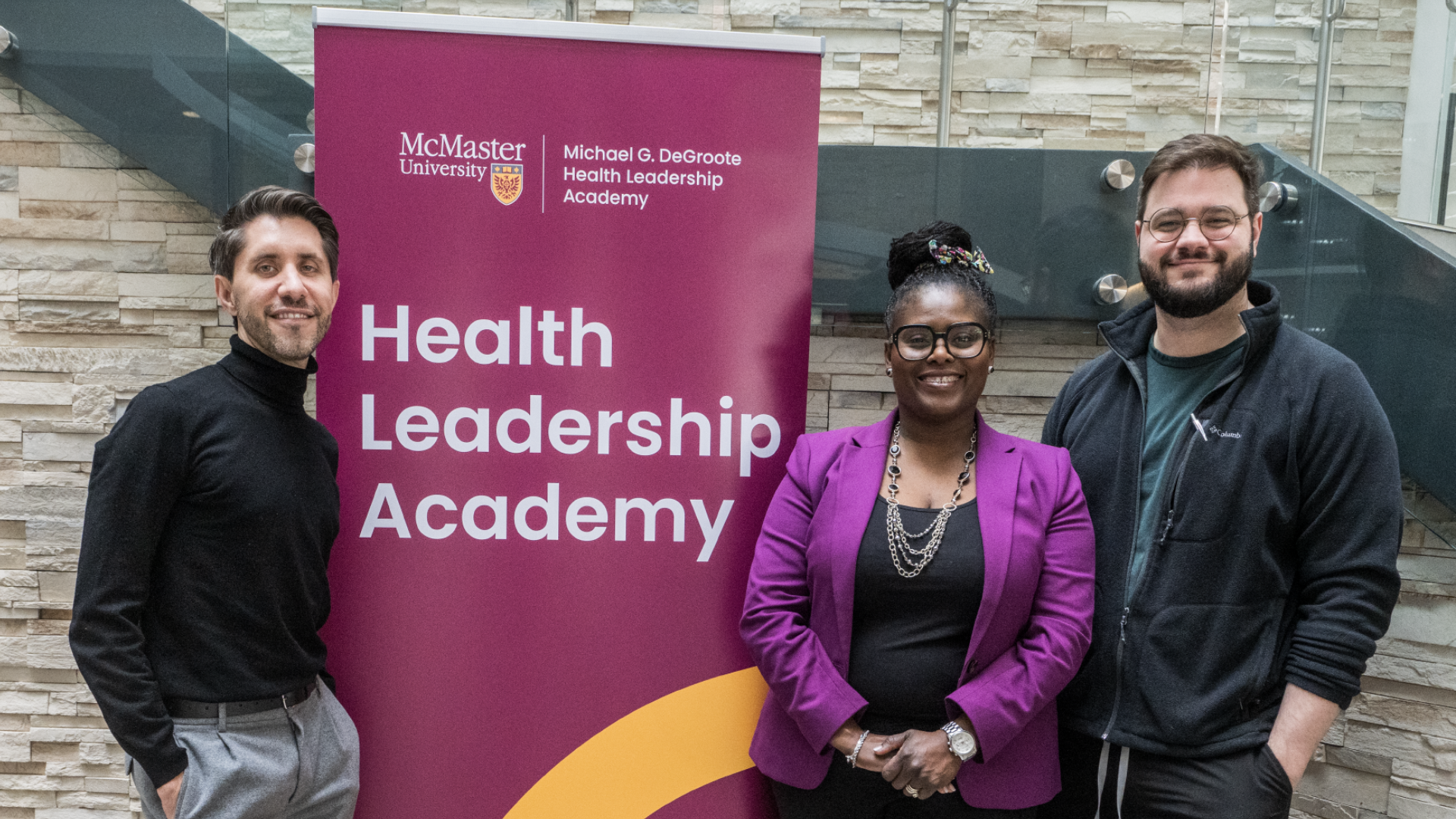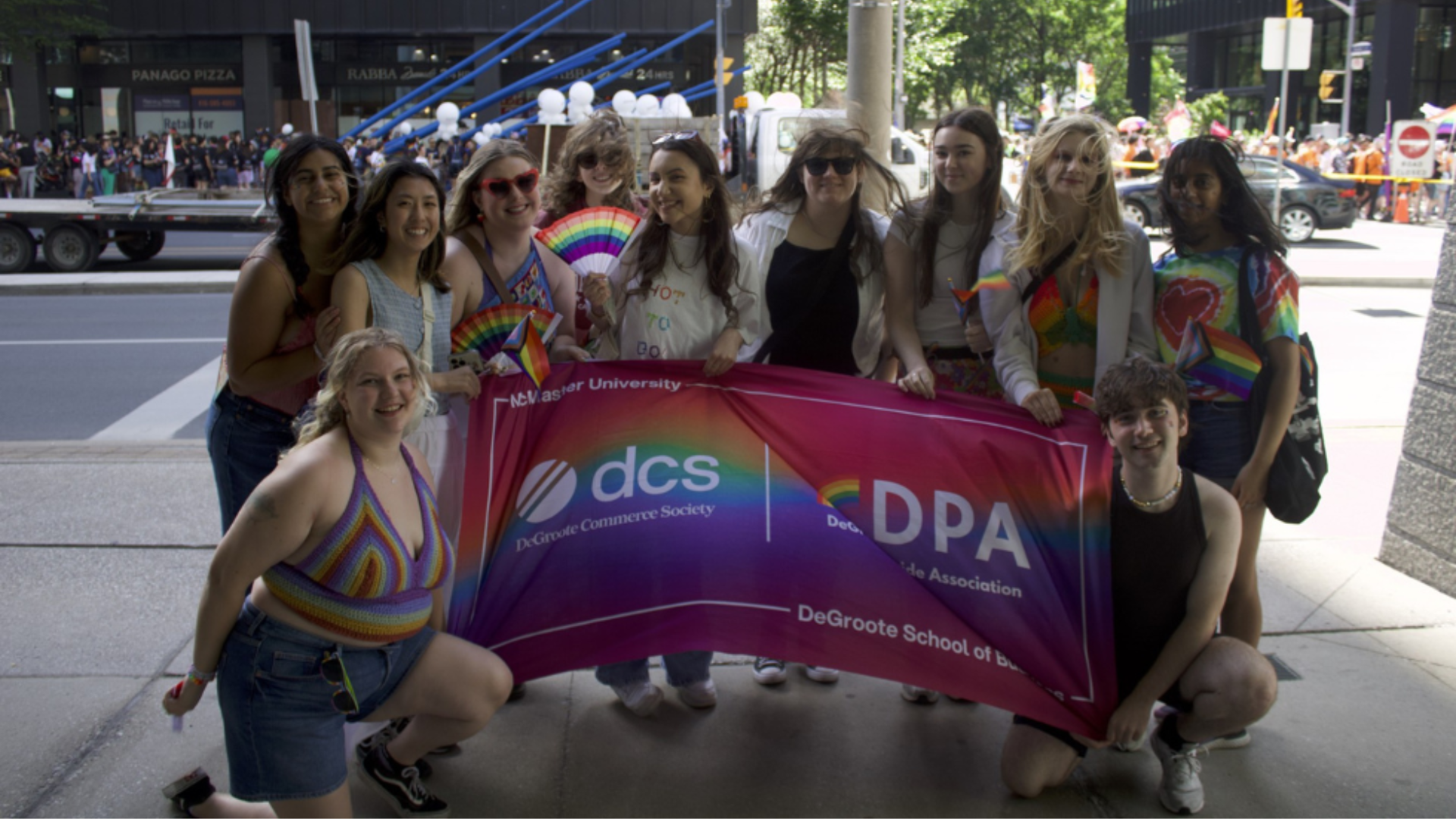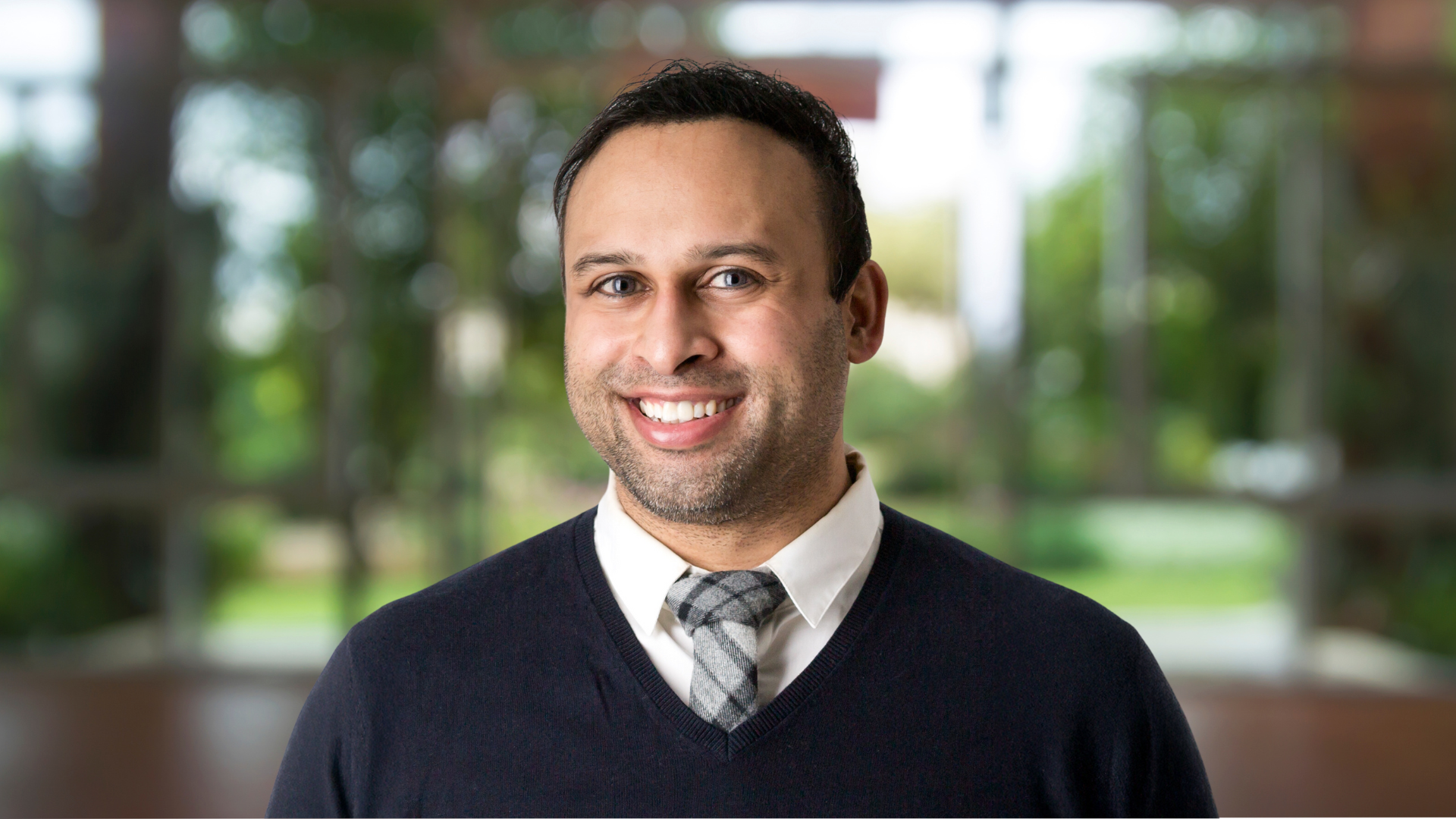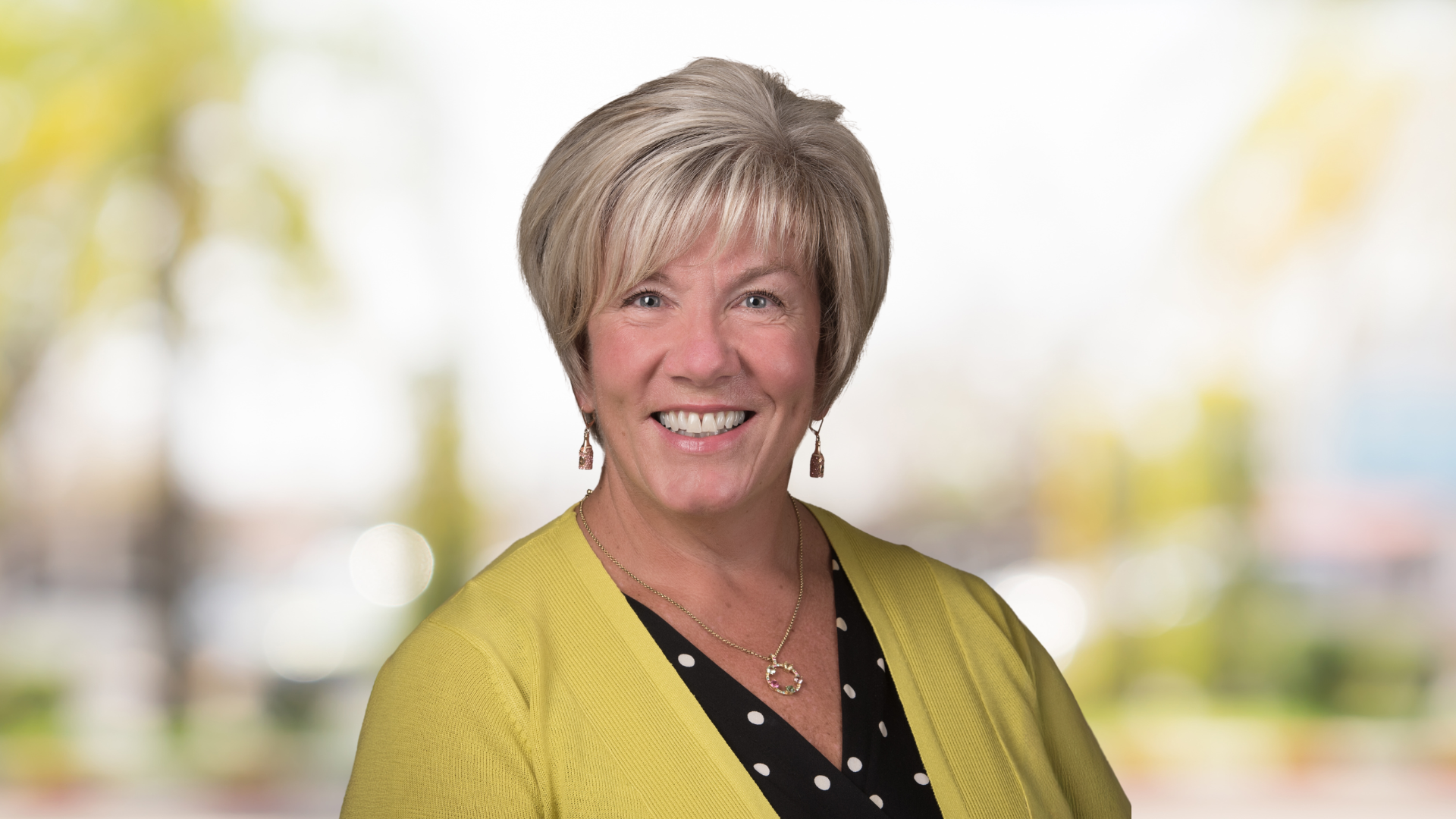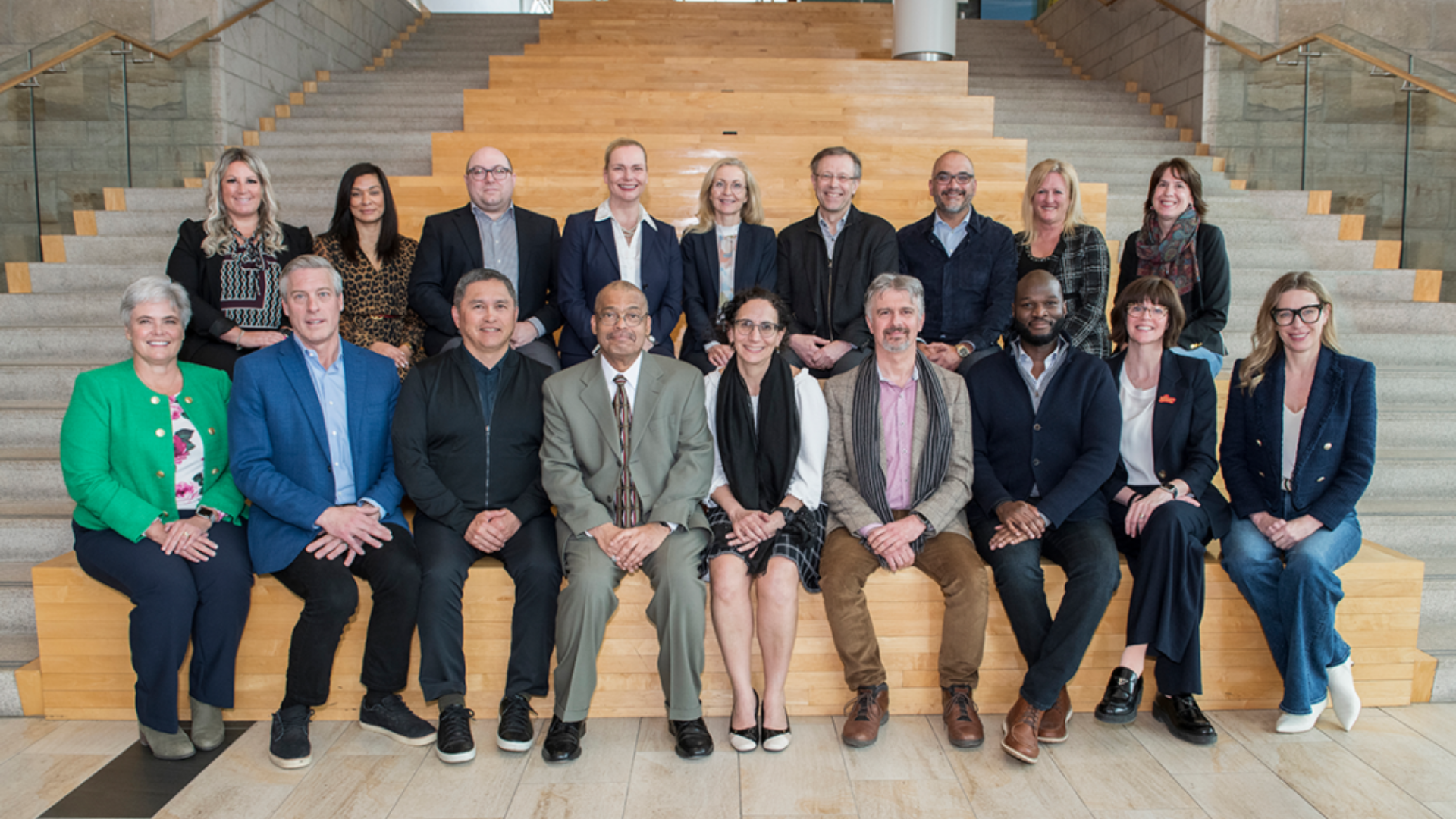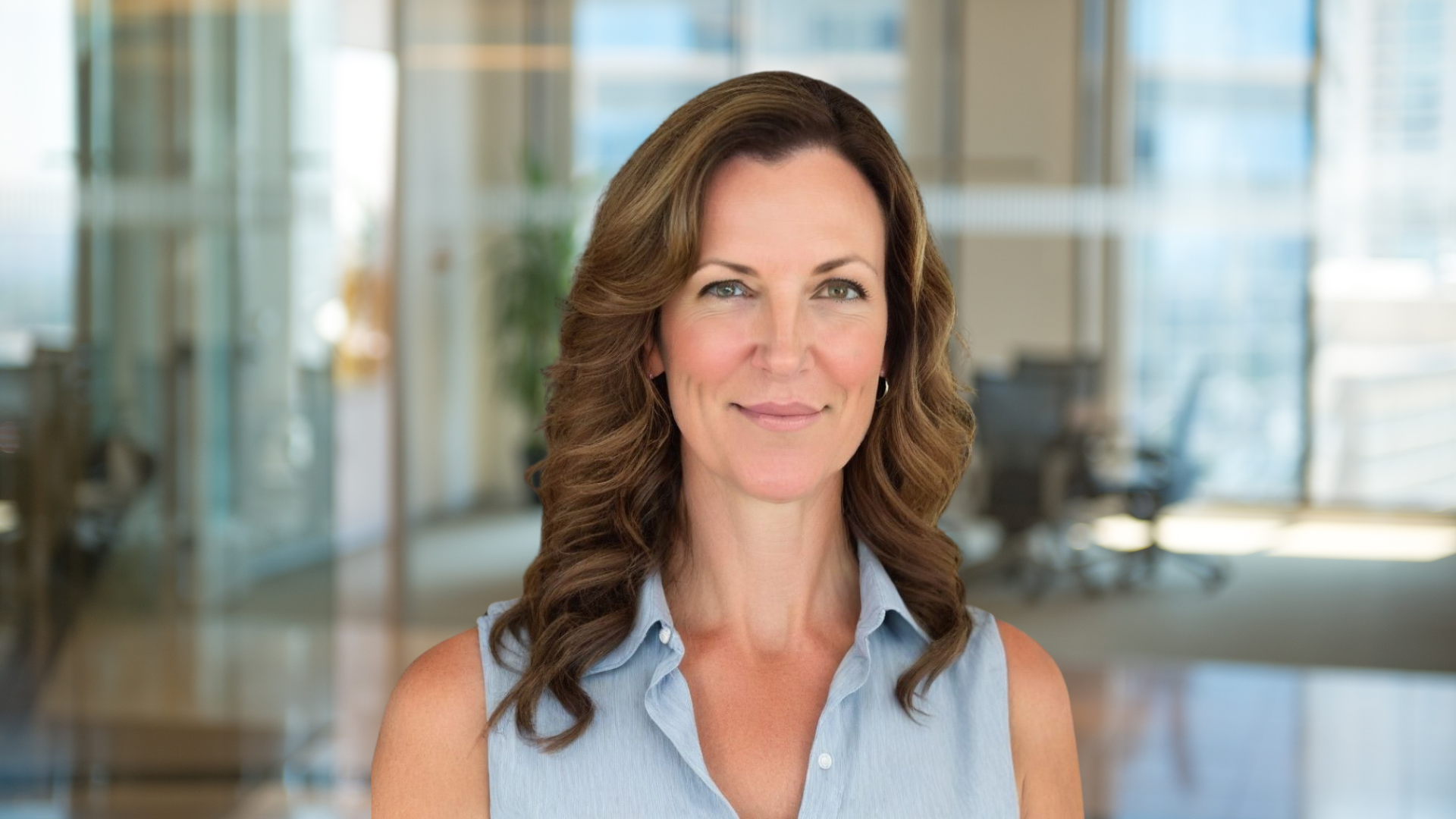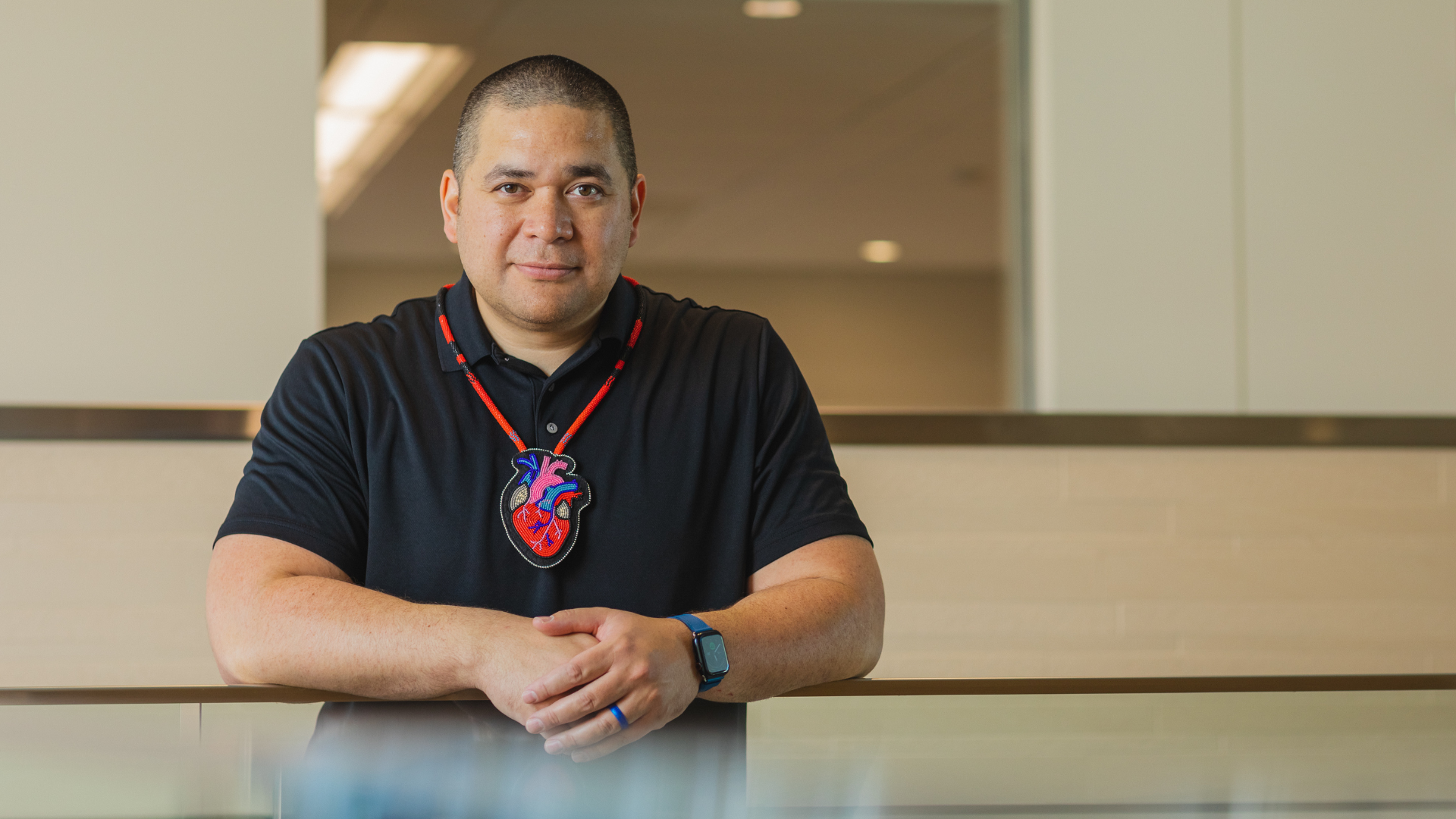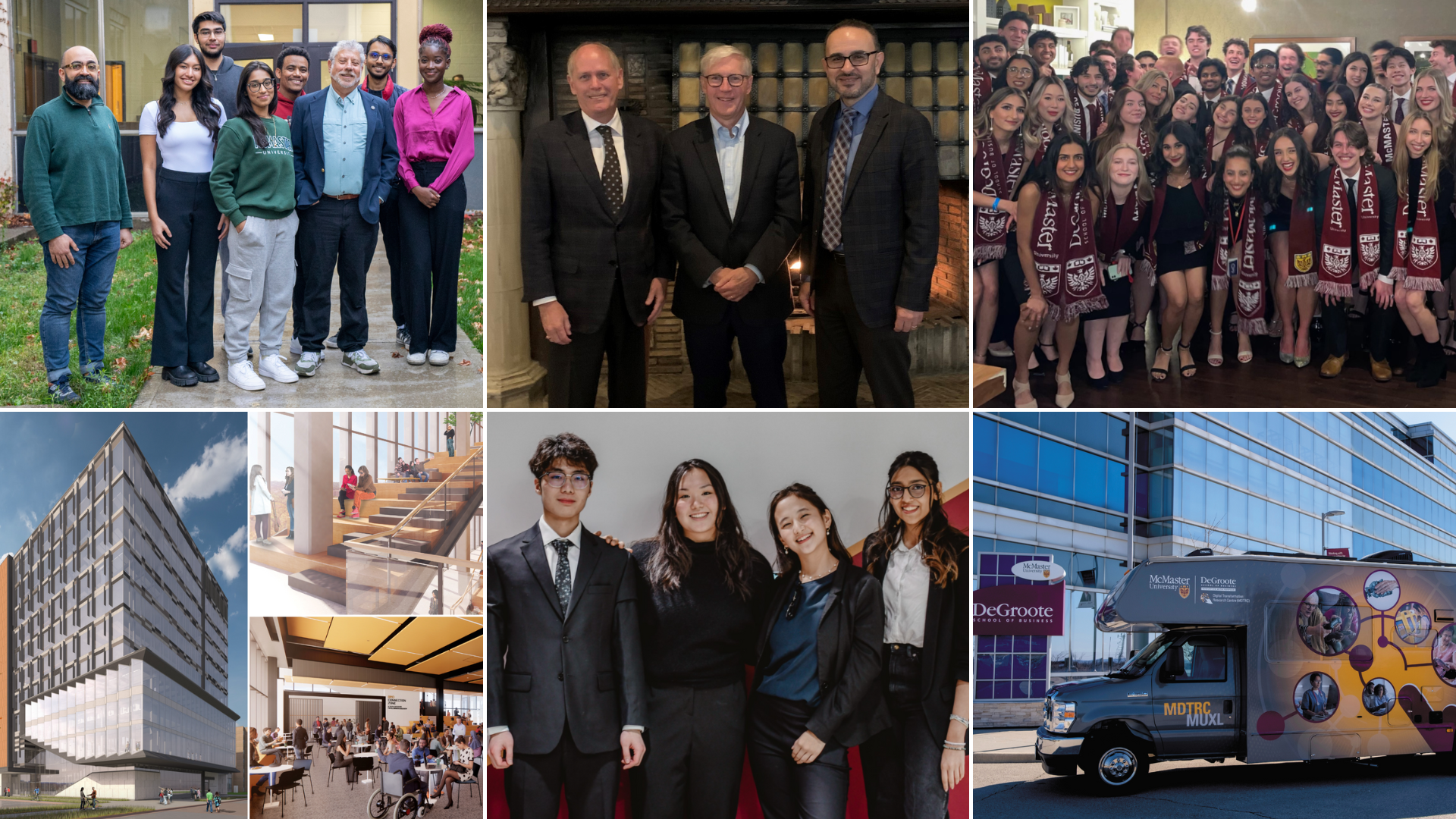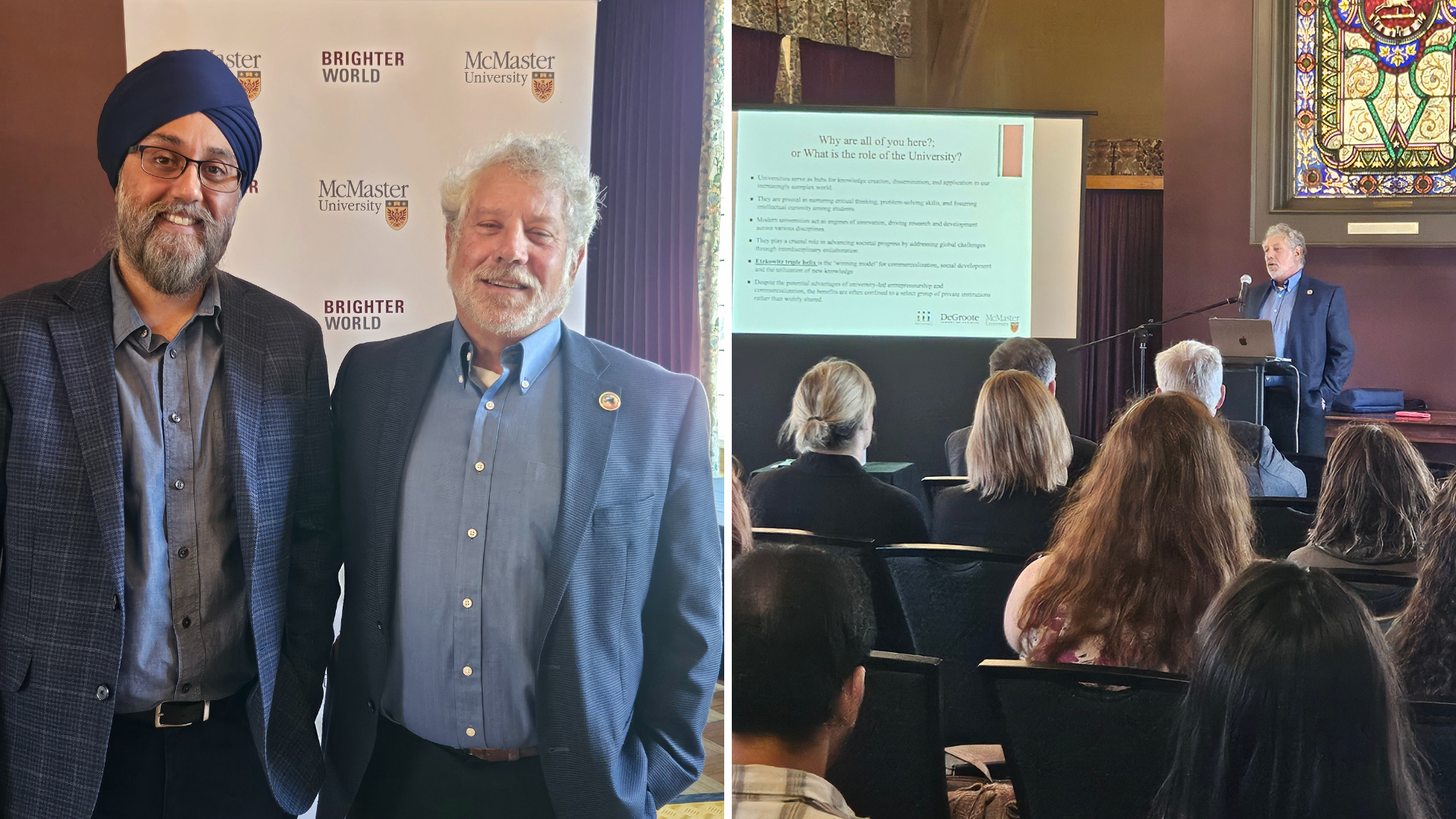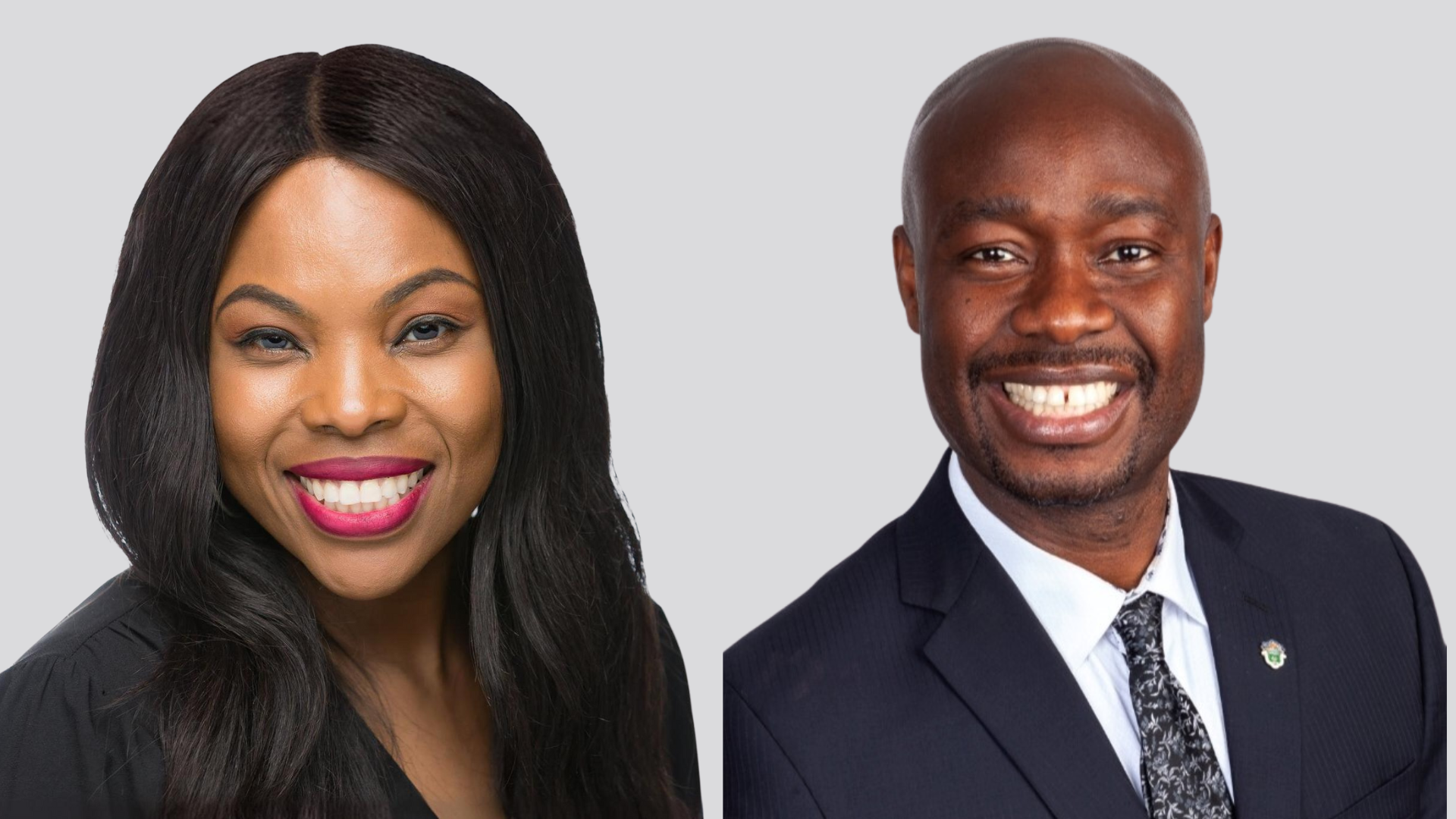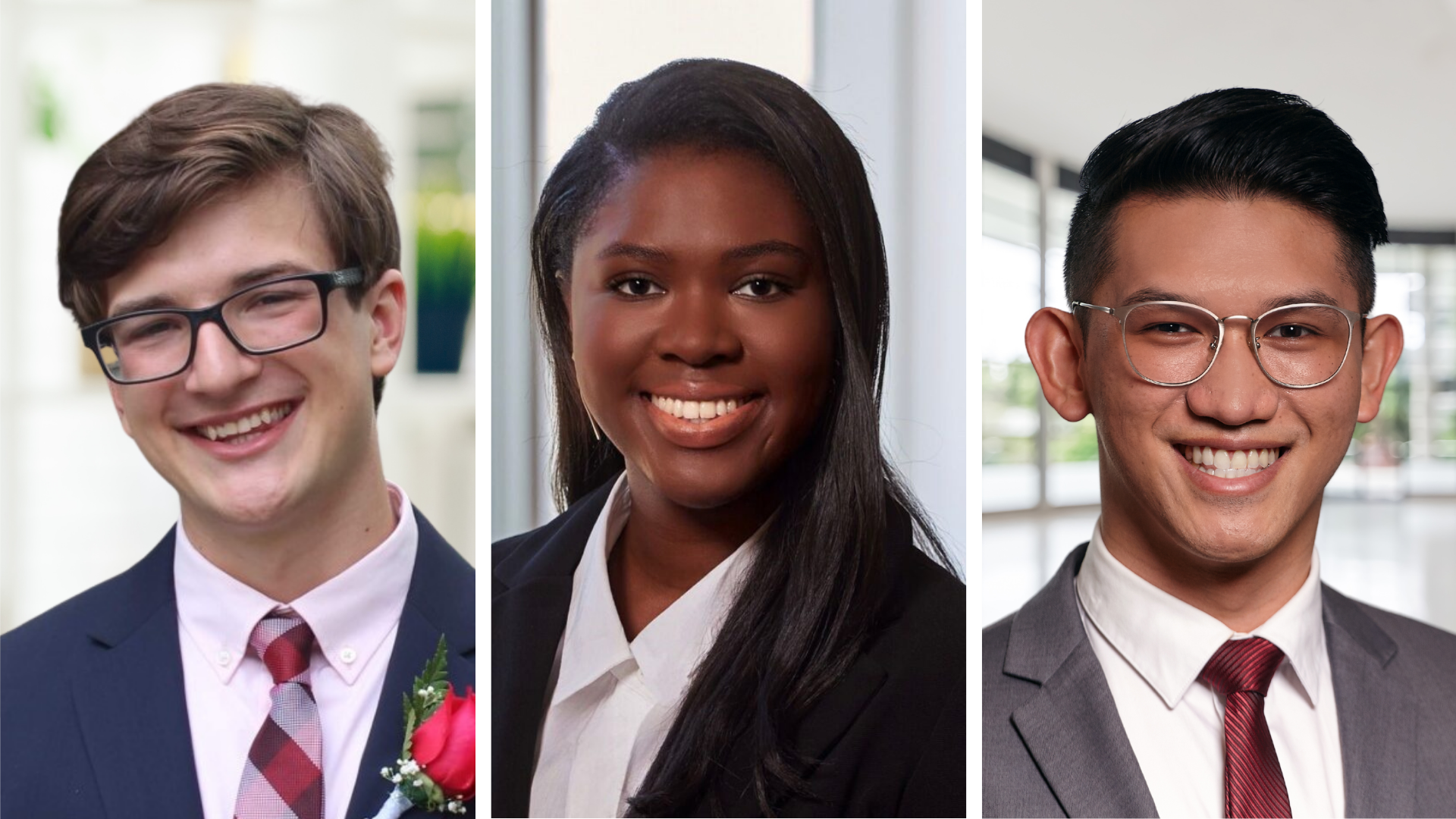ALUMNI STRATEGIC PLAN | INCLUSIVE EXCELLENCE
Amy Montour on Leading With Relationships
February 1, 2024 ·
Contributed by: Leah Fleet and Joanna Williams
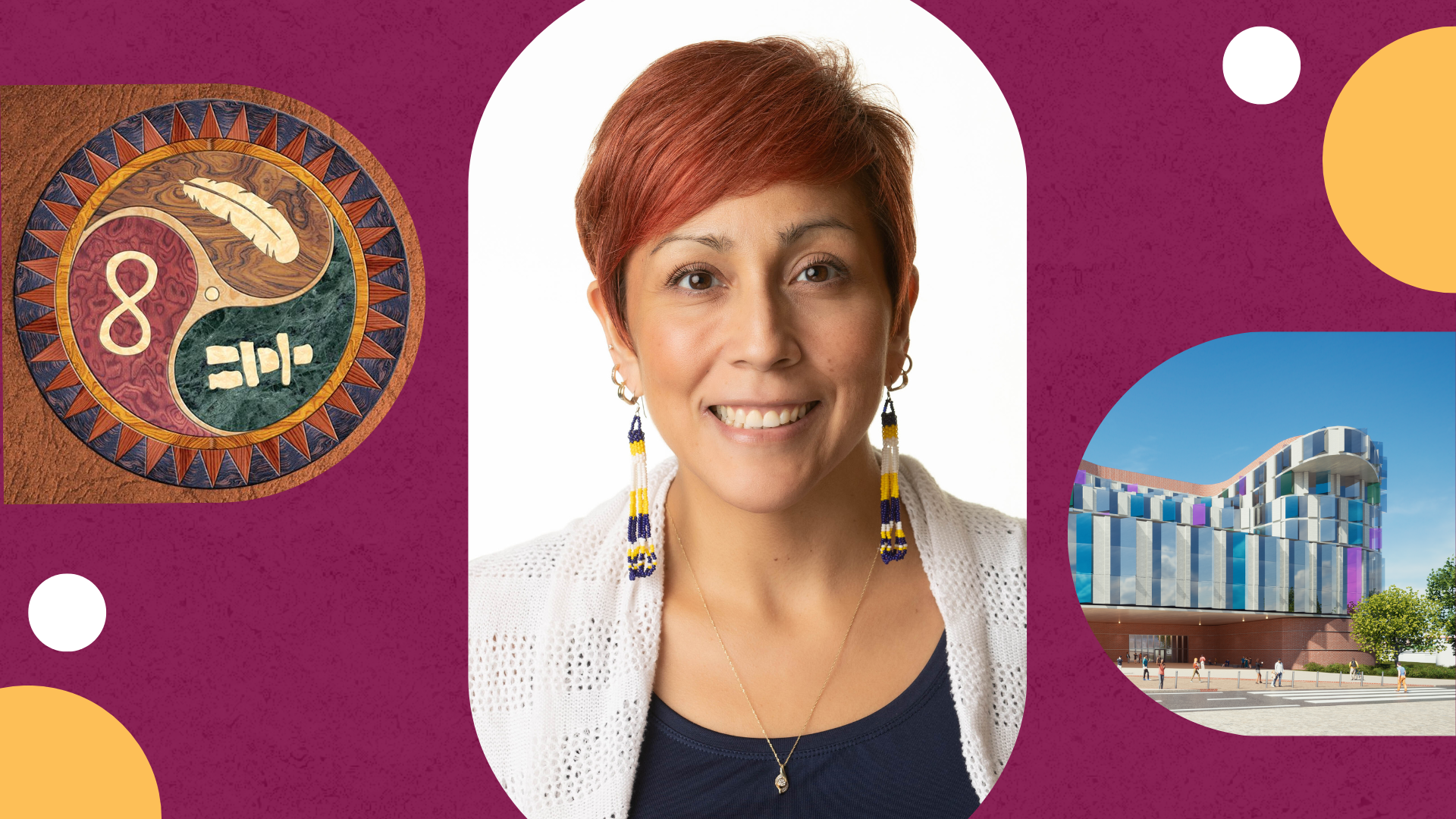
In part two of our conversation with Health Leadership Academy National Health Fellow provocateur, Dr. Amy Montour, we cover a range of topics including how to improve the Indigenous patient experience, the importance of legacy and her definition of leadership. The Health Leadership Academy is a collaboration between the Faculty of Health Sciences and the DeGroote School of Business at McMaster University.
Dr. Montour also shares a number of resources for anyone interested in learning more about Two-Eyed Seeing and the Indigenous experience in Canada.
Read Part 1 of our conversation with Dr. Amy Montour Insights into Healthcare: Sharing Indigenous Teachings.
What are some ways that hospitals and healthcare systems can help to improve the Indigenous patient experience?
The one thing that is becoming clearer as those of us who are doing this work move along, is that there needs to be visible Indigenous leadership, and that needs to have a connection to senior leadership. And the reason being, is that when we are making hard changes in healthcare, you have to have that touch base. That’s what I see myself as inside of an organization. I’m a touch base for my non-Indigenous colleagues. I’m a safe place for them to come and problem solve together and talk through the issues, but I’m also a safe place for Indigenous people to come to share their concerns and to identify their issues.
I like to say that I’ve described myself in many different ways, but it’s like you’re walking in two worlds all the time. And it can be difficult sometimes because at the end of the day, before I was a doctor or an educator, I was an Indigenous person. And although I have some power now because of titles and all of that, and I’m well aware of the power differential, I’m still an Indigenous person at the end of the day.
When you’re using that Two-Eyed Seeing whether you’re Indigenous or non-Indigenous, it requires you to spend a lot of time and self-reflection on engagement and relationships. And that’s going to be difficult for our Fellows because we work in a system that is very time limited with multiple priorities. But for me, it’s a simple thing. Like when you’re learning to brush your teeth, and they tell you, you have to brush for two minutes, you have to find what helps you to get to those two minutes, whether it’s singing a song in your head. I can’t find that for the Fellows, they’re going to have to find that. All I can do is share the tools of my people and our knowledge because I really think that the way forward in Canada and in healthcare is to look for that long standing ancient Indigenous knowledge because that’s what’s missing. And really if you boil it all down, if I could say what’s one thing we have to work on to fix this system – its relationships.
Why do you think it is important to ensure an Indigenous voice and perspective is always at the table?
It’s about sitting down together as colleagues and seeing each other as equals. Indigenous people often don’t hold titles like CEO, or Executive Director, some do but a lot of people don’t. A lot of us have to be leaders without titles. I think it’s about recognizing that at the table we are all equals, that we all come with our own culture and knowledge and skills and abilities.
Looking back to the early stages of your career, what advice would you give to your younger self?
It is extremely important to know who you are. Take the time you need to understand who you are as an Indigenous person and professional, what your values, beliefs and ethics are because these will guide every aspect of your career.
Build a community for yourself, you will need multiple perspectives and ideas to guide you along the way. There is something to learn from every interaction you have, and many hands make light work.
If the Creator didn’t make it, we can change it! We are too often paralyzed by man-made rules and processes, evolution is adaptation, change and new thinking. Remember, people once thought the earth was flat – where would we be if we still believed this?
How do you define leadership?
Leadership for me is being willing to take on the responsibility and accountability for the work of a team (formal or informal) and to do this I use the lens of the Anishinaabe Seven Grandfather Teachings:
- Humility: We are all equal as human beings and none of us can do the work alone, I will enact my own role to the best of my ability and support the members of the larger team in their roles.
- Bravery: Do not let fear or outside forces overcome you, develop and use your own strength to face the challenges that affect your team, even when no one else stands with you.
- Honesty: Be who you really are all of the time, ensure your intentions and actions are focused on the greater good for all, speak the truth with kindness.
- Wisdom: Be responsible for knowing the strengths and limits of your own talent and skill, recognize talent and skill in others and lift them up, having a learning spirit in every situation and use your knowledge for the good of others.
- Truth: Understand that the process is as important as the outcome and everyone has an important role to play to ensure success, words mean nothing if your actions do not deliver the same message.
- Respect: Your words and actions should demonstrate the behaviours you want to see on your team, proactively identify and address the needs of your team members by developing relationships that honour the unique balance that each person will need to be successful in the work.
- Love: As a leader you have a vantage point that others don’t, the big picture can be difficult to understand when you don’t have all the information so it is important that you carry the vision and knowledge of the work forward so that the team can be accountable, cohesive, and efficient. You carry the success or failure of your team, be accountable and don’t make excuses.
What do you want your legacy to be?
As an Indigenous person our work is to adhere to the principle of the Seven Generations – the decisions we make today should result in sustainability and prosperity seven generations forward.
Who inspires you?
My parents Dan and Judy Montour, they have worked hard all their lives while overcoming discrimination and countless obstacles as Indigenous people, but they still approach each day with an attitude of gratitude and love for others.
Pat Mandy, she defines mentorship for me – never gives me the answers just helps me ask the right questions to find the answer. As a leader she exemplifies the Seven Grandfather Teachings.
My grandchildren, to have the gift of seeing the world through new eyes at this stage of my life is truly a blessing, they remind me that hope still exists.
You mentioned that many Indigenous people are “leaders without the titles” and how important it is to ensure these people have a voice and are listened to. How can people who occupy traditional leadership roles do a better job of listening to leaders who may not have a traditional title?
Indigenous people exist within systems that were not designed for their benefit, so we are the ideal people to help others see gaps/deficiencies in the system and solutions as we do this every day in education, health, work, etc. People occupying traditional leadership roles should understand that they have the power to open doors and to hold space for marginalized voices. In doing so you enter a reciprocal relationship – you benefit from the experiential knowledge of others that will enhance your own work while at the same time holding that voice up as valuable and worthy to be heard.
For Indigenous people, your gifts (natural abilities/talents) shine through, if you are a leader you will lead, even without a title. And we must remember mainstream systems as we know them in this country are based on only one knowledge system – the leadership roles defined in Western systems are not the same as leadership roles and expectations in other cultures represented in this land.
Are there any specific resources available that you would direct people to that want to start learning more?
The Truth and Reconciliation Commission of Canada’s website, absolutely. Wherever you are, I always tell people to look for the local Indigenous people. Indigenous people across Canada and across the world are many nations, there’s no sort of pan-Indigenous one way to do this. The Truth and Reconciliation Commission in Canada looks at many of the historical issues that have happened and issues that are spilling in today. The National Inquiry into Missing and Murdered Indigenous Women and Girls Report, the Report of the Royal Commission on Aboriginal Peoples, it’s old, but it’s still true. And then University Health Network has a whole Indigenous Health website with multiple excellent clinical, historical, and administrative tools there.
Additional Resources
Brant Community Healthcare System Resources
- Two-Eyed Seeing in the healthcare system
- Amy Montour’s Two-Eyed Seeing video presentation highlights a number of key messages that reflect our current healthcare system:
- Truth is a necessary step in reconciling relationships between Indigenous & non-Indigenous peoples
- The sociopolitical history of Canada has had a direct impact on the wellbeing of Indigenous peoples
- Two-eyed seeing acknowledges that both Indigenous & non-Indigenous worldviews are important in healthcare
- Hamilton Niagara Haldimand Brant Indigenous Health Network Indigenous Allyship Toolkit
- Indigenous Canada (University of Alberta Faculty of Native Studies 12-lesson open online course.)
- “Dish with one spoon” oral history with Richard Hill

